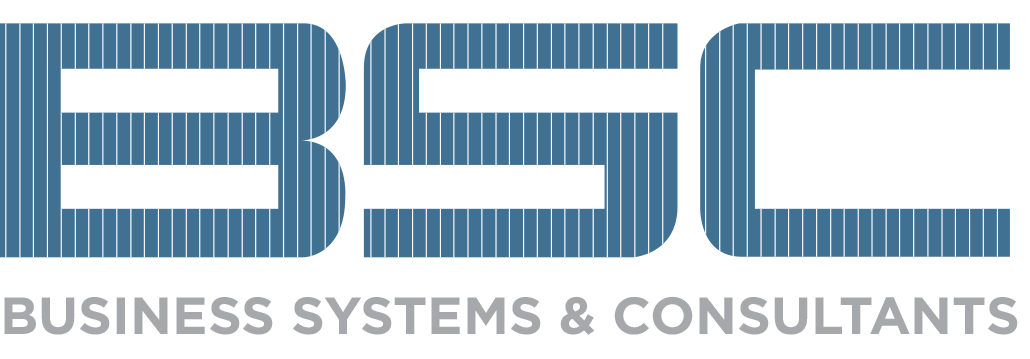Did you know that the average company spends $20 in labor to file a document, $120 in labor to find a misfiled document, and $220 to reproduce a lost document? Meanwhile, companies lose one out of every 20 documents, and spend 25 hours recreating each lost document. – PricewaterhouseCoopers
As the workplace evolves to include more technology, so should the workflow and processes of your personnel. The document management process of your organization needs to be re-evaluated. For many businesses, the focus of document management is on the organization and storage of documents. They want to be able to store documents in an organized and secure way that still allows documents to be found easily. That’s where document conversion comes into play; it allows your organization to convert your paper based files into a digital format. Therefore, allowing for a more organized, economical, and user friendly alternative to paper based files.
But before we expand on why document conversion is the right solution for your company, let’s define what it really is.
What is document management and document conversion?
According to AIIM, “Document Management is how your organization stores, tracks, and manages its documents”, a process that can either be paper based or digital. Whichever the case, every company has some type of document management process.
Prior to the digitization of information, documents were typically stored in file cabinets or other physical repositories. Although this continues to be the case for many companies, technology has afforded us a more efficient process: digital files via document conversion.
OnBase depicts document conversion as, “a process by which paper documents are converted into electronic format, as well as long term storage.” That’s a simple definition for such a complex document management solution. Essentially, document conversion entails taking all of your paper documents, whether faded, falling apart, or barely legible, and converting them into an electronic format. This format allows for different people from multiple locations to access the information they need, when they need it while still allowing a maximum amount of security for the organization. Document conversion starting to sound really great, isn’t it? Still not convinced that document conversion fits your organization’s needs? Why do you really need document conversion?
Why do I need document conversion?
It’s more vital now than ever for businesses to operate efficiently as well as cut costs. The ROI of document conversion is fairly obvious, the most blatant example being the time your workforce will save with the new digital system. As was previously mentioned, on average recreating a lost document could cost your organization $220. That’s lost income, wasted labor, and just a very inefficient way to spend time. Document conversion allows organizations to not only eliminate that wasted income, but to allow employees to easily access information in a matter of seconds whenever and wherever they need it.
How do I manage the change?
Managing information is about managing change.
Changing information and changing regulations often leave offices overwhelmed. That’s why when considering document conversion, you should choose an organization that not only offers sophisticated document conversion serves, but it also well versed and experienced in the document management field.
Since 1976, Business Systems & Consultants, Inc. has offered conversion services through every technological change. Our conversion staff knows how to handle each document, smoothing every system transition. Even after the initial transition of your paper files to digital, we often continue the partnership with our customers by providing maintenance and upkeep services.
Are you ready to stop procrastinating and initiate the document conversion process? Contact us today at 205-988-3300 or shoot us an email at MichelleLee@www.www.bscsolutions.com.
If you like this article, subscribe to our mailing list here to receive updates on Business Systems & Consultants, Inc. as well as news, articles, and other informative content.

